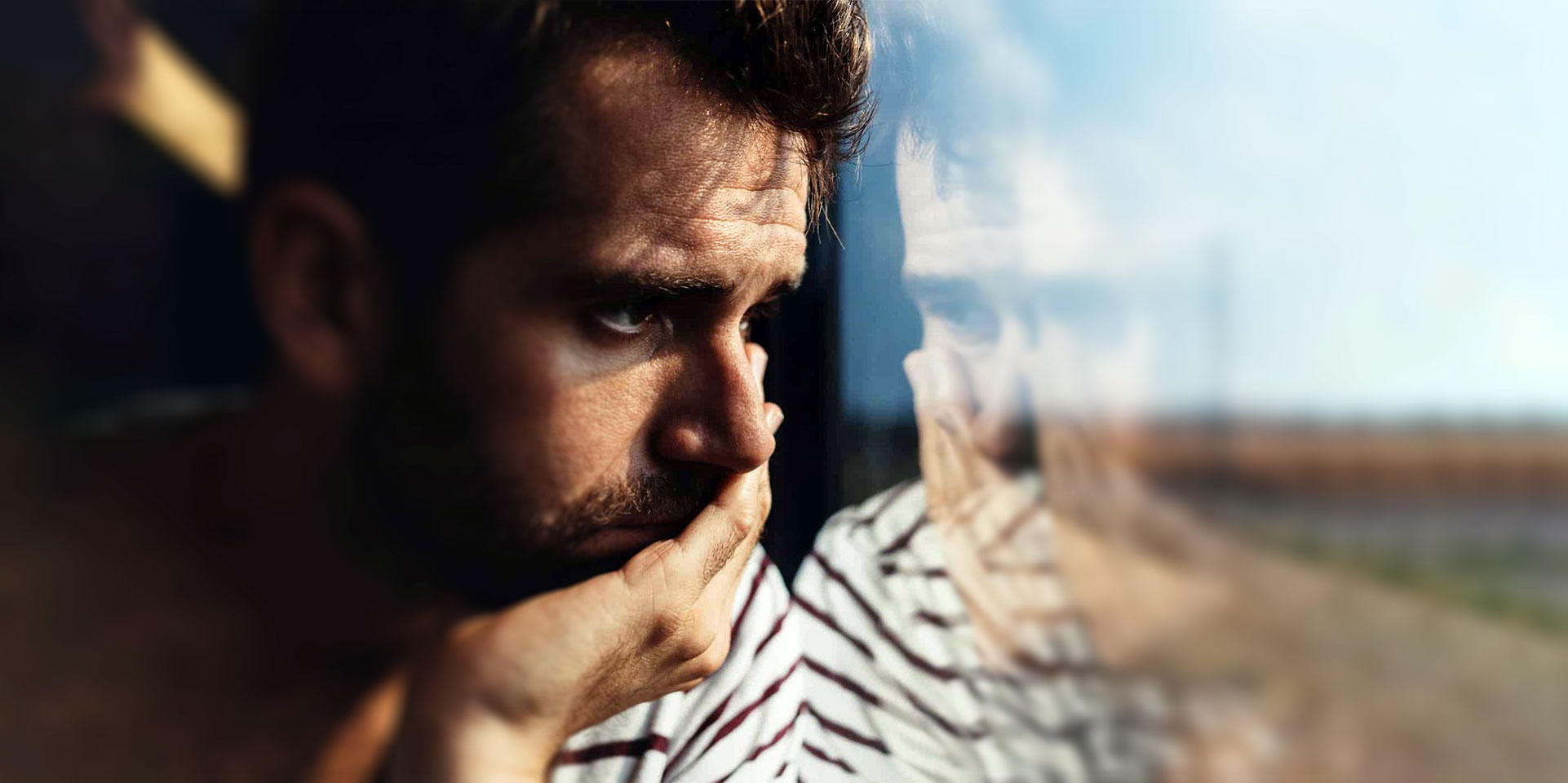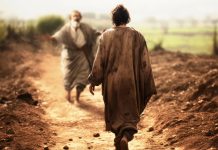Who do you need to forgive?
I want you to let that question sit with you for a moment. Maybe it’s more than one person—a group or even an organisation, company or country. Maybe it’s a church or even a denomination.
It’s an uncomfortable question, one we don’t often ask. Yet every now and then, we are reminded of Jesus’ command to forgive.
It seems to me that we know the arguments for, and the power and theory of forgiveness. But very few of us practise it as a discipline.
Forgiveness is frightening because it requires your heart to be open and vulnerable. There are a few people I can think of who I need to forgive. But it’s so hard sometimes.
In my bookshelf at work, I found lesson three from the Forgive to Live course. As I was flicking through it, this definition of forgiveness caught my eye: “Forgiveness is the process of re-framing one’s anger and hurt from the past, with the goal of recovering one’s worth in the present and revitalising one’s purpose and hopes for the future.”
Let’s break that down.
The first part of the definition suggests that we need to acknowledge and adjust the way we see our past.
When we ask ourselves who we need to forgive, we may know the answer but it is rare that we ever take action. The person (or thing), once brought to mind, slinks back, unforgiven, to dwell in the forgotten basement of our mind.
This leaves us open to haunting. The spirit of unforgiveness fosters resentment, negativity and cynicism.
“Be wary of the vengeance your bitterness demands. The blade you wield will cut both ways to injure you and those you wound: you both will bleed,” Bill Knott, editor of Adventist Review, shared on Twitter recently.
Reframing our past is a way of cleaning out our basement, evicting unwelcome tenants and repurposing the room for something else.
The second part of the definition speaks into an important reality that is often overlooked—that unforgiveness can often negatively impact and tarnish our own self-worth in the present. In other words, holding onto something negative can actually impact our own overall sense of where and how we stand in relation to others . . . and to God. Notice I said our sense of where we stand. Nothing we do can impact our actual standing with God, apart from rejecting Him outright.
Our action in the present day, our choice to forgive, helps to free us from the shame that tells us we are unworthy. In this sense, many of us are actually struggling most with unforgiveness of ourselves. This sense of shame and unforgiveness of ourselves can actually lead us into temptation and sin, because we either fall into a binge/purge cycle or are attracted to behaviours that reinforce our own false opinions of ourselves.
Finally, the definition of forgiveness we’ve been working with also has a future element: revitalising one’s purpose and hopes for the future.
We’ve already talked about the dangers of being bound by the past, but it is also important to be free for the future. To revitalise is to bring back to life. Unforgiveness can often distract us into killing our hopes and dreams. We feel framed in by our past and lost in our present which leads to pessimism and hopelessness.
Forgiveness allows us to focus ahead once more. We can cultivate an orientation towards forgiveness—filled with grace and patience, so the next time something hurtful is done to us, it is easier to forgive.
Jesus was filled with this kind of forward-looking forgiveness. The gospel of Luke tells us that, while hanging on the cross, in the middle of His pain, Jesus was able to petition God with the words, “Father, forgive them, for they do not know what they are doing” (23:34).
Jesus’ posture of forgiveness seems almost unattainable. He demonstrates the power of pre-emptively choosing forgiveness. It’s almost like, if we take forgiveness seriously, we can bank it to spend in our future.
Jarrod Stackelroth is managing editor of Signs of the Times Australia and Adventist Record, the Seventh-day Adventist Church’s internal newsmagazine in Australia, New Zealand and the South Pacific region. He lives in Sydney with his wife and new baby.
This article first appeared on Adventist Record.



















